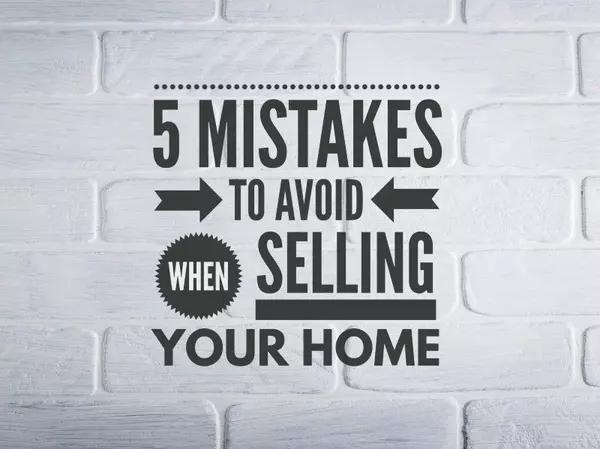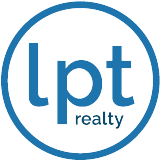

5 Dangers of Overpricing Your Home: Why It Can Cost You More Than You Think
When selling a home, it’s natural to want to maximize your profit. However, setting the asking price too high can backfire, turning what could have been a successful sale into a prolonged and frustrating experience. Overpricing a home doesn’t just discourage buyers—it can end up costing you time, m
Read More

12 Mistakes to Avoid When Selling Your Home for a Successful Sale
Selling your home is more than just a transaction; it’s an opportunity to maximize your investment and make your property stand out in a competitive market. However, many sellers fall into common traps that can slow down the sale, lower the offer price, or even discourage po
Read More

The 5 Most Common Mistakes to Avoid When Selling Your Property
The 5 Most Common Mistakes to Avoid When Selling Your Property Selling a house can be an exciting experience, but it also comes with significant challenges. Avoiding certain common mistakes can make the difference between a quick and successful sale or a prolonged and frustrating experience. Here a
Read More
Categories
Recent Posts











